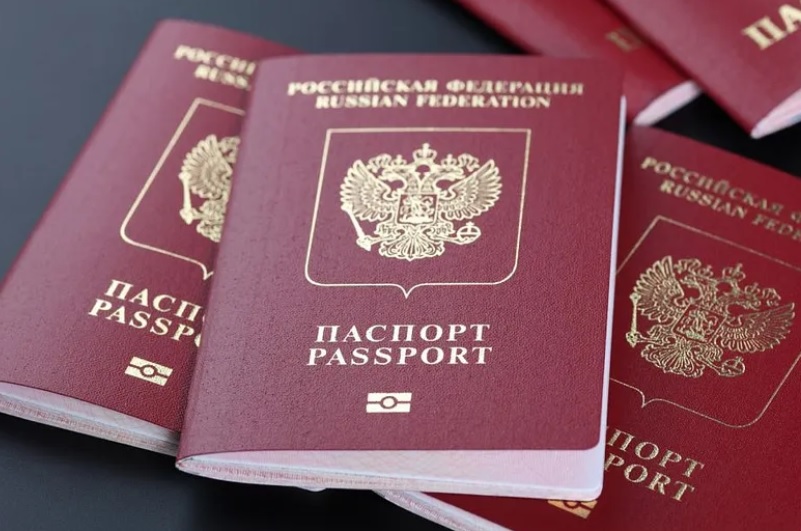Putin wants new immigrants from Kazakhstan
A new decree signed a few days ago makes it even easier for Kazakhs to obtain Russian citizenship. A measure that mainly concerns the inhabitants of the northern regions with a Russian-speaking majority, which are in fact the poorest in the entire country. The migrants are of immediate use to Russia to replenish the ranks of the army, but they will be of most use after the war.
Moscow (AsiaNews) - The decree signed by Russian President Vladimir Putin last December 18, which allows citizens of Kazakhstan (together with those of Moldova and Belarus) to easily obtain Russian citizenship, has relaunched the push to emigrate to Russia, especially by Kazakh citizens of Russian ethnicity, or otherwise attracted by better living conditions. Now it will no longer be necessary to take exams in history and the "foundations of Russian statehood", although it will be necessary to demonstrate that you possess the language.
Acquiring the red passport with the double-headed eagle was not very difficult for Kazakhs before, but now the procedure has been simplified as much as possible. According to Putin's decree, any inhabitant of Kazakhstan can become a Russian citizen immediately after obtaining a residence permit, with a simple linguistic check, and this will especially stimulate Kazakhs from the northern regions with a Russian-speaking majority, which are in fact the poorest in the whole country.
According to the Statistics Office, the emigration of Kazakhs to Russia had been following a downward curve for some time: if in 2000 there were over 108 thousand, last year they had reduced to 19 thousand, the minimum in the last twenty years. Yet, as political scientist Gaziz Abišev argues, the new conditions can really change the dynamics, and people with greater professional qualifications could now also leave: "the specialized technicians here don't necessarily try to emigrate, but at home they don't find offers adequate, and those who could be competitive on the Russian job market are certainly encouraged".
This could lead to a staffing deficit and a strong imbalance in the technology sector in Kazakhstan, and students also prefer to turn to Russia to access higher-level institutions, despite the risk of being involved in military operations. As economist Arman Bejsembaev states, "whatever the outcome of the war in Ukraine, the Russian economy will quickly get back on track as soon as the armed clashes end." If global catastrophes do not occur, with the disintegration of the state and civil war, Russia will be able to return to pre-conflict levels, but for this purpose many workers will be needed in all fields.
It will be Russia that will increasingly need the Kazakhs, rather than the opposite, explains Bejsembaev: "the ruble will continue to devalue, the economic recovery cannot occur automatically, but the Russian market will always remain the most profitable of all countries of the post-Soviet area, being the largest and most diversified". Migrants are needed by Russia immediately to replenish the ranks of the army, but they will be needed above all after the war.
Now the Moscow government wants to avoid at all costs having to announce a new mobilization, with the discontent that it would cause during the presidential election campaign. Already in October, the head of the Investigative Committee, Aleksandr Bastrykin, had proposed depriving migrants of their newly obtained passports if they refused to participate in the war in Ukraine, but to avoid negative repercussions on immigration it was decided to move from threats to flattery .
The wave of new migrants that is expected especially from Kazakhstan will certainly bring several new enlistments in the army, thanks to the promise of high compensation. The aim, however, will be to counteract the demographic decline and the loss of many workers precisely because of the war, with the many thousands of deaths and serious injuries.
07/02/2019 17:28
11/08/2017 20:05







.png)










